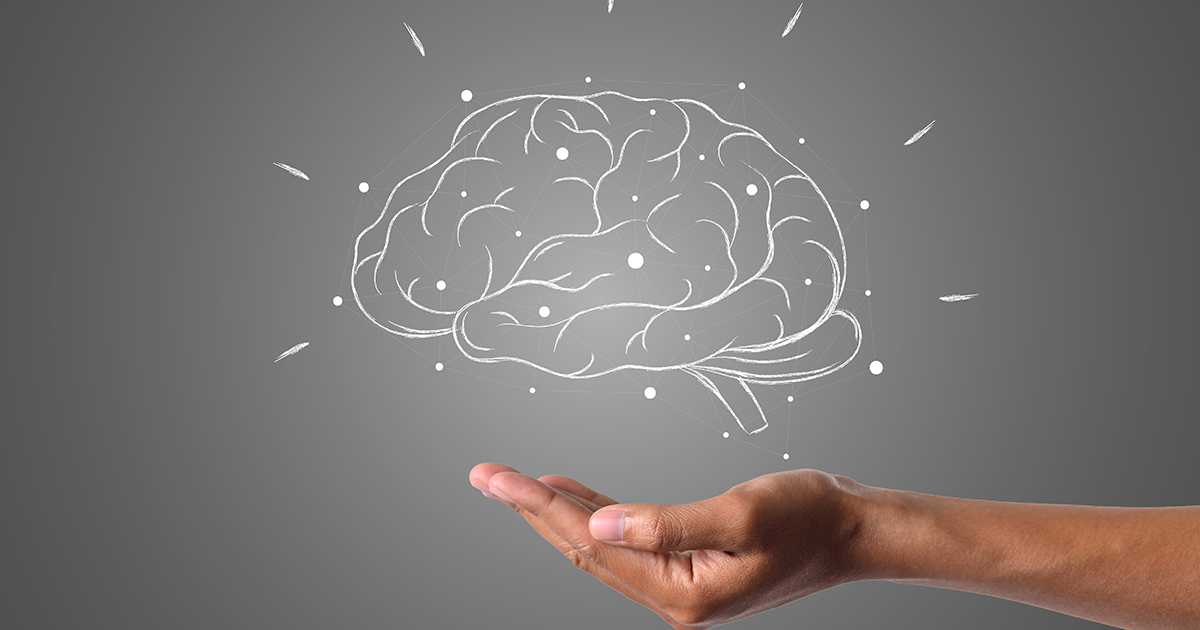Through natural language processing (NLP) techniques, it has been possible to analyze mental health sessions and identify which therapies work best for each patient.
Through a new approach to mental health care based on Artificial Intelligence (AI) tools, it is possible to analyze which parts between the psychotherapist and the patient are more effective in treating different disorders. As explained MIT Technology Review, the PLN, offers mental health professionals a better understanding of their tasks as therapists by helping them improve their level of care.
Mental health care, unlike physical illness treatment, does not have a high recovery rate. Science has studied the processes and results of conversational psychotherapy, in order to understand why some psychotherapists achieve better results than others.
However, through AI and machine learning, vast numbers of conversations can be analyzed. The language used by psychotherapists is key to understanding what can be done to improve the results of each patient.
In the United Kingdom and the United States, there are several companies that have developed similar PLN technologies, and successfully applied them to psychotherapies. PLN models convert the conversation between the psychotherapist and the patient into a kind of code, which identifies the points that the professional can improve in therapy, in order to provide better care in subsequent sessions.

However, the important thing, in addition to improving mental health care, is to make it easier to access it. In the UK, 75% of people with mental illness do not receive any type of professional care. However, only half of the people who do manage to access mental health care manage to recover.
Therefore, by using AI, in addition to improving the quality of therapies, it would be possible for psychotherapists to serve more patients by streamlining care processes through more productive sessions.
AI could not replace human attention, only improve it. However, the main challenge is asking patients to allow their private conversations to be made “public”, in order to be able to study them by PLN.
The goal is for patients to agree that the technology will be used to improve the care they will receive. And also for a more important long-term goal, such as serving more patients in less time.






